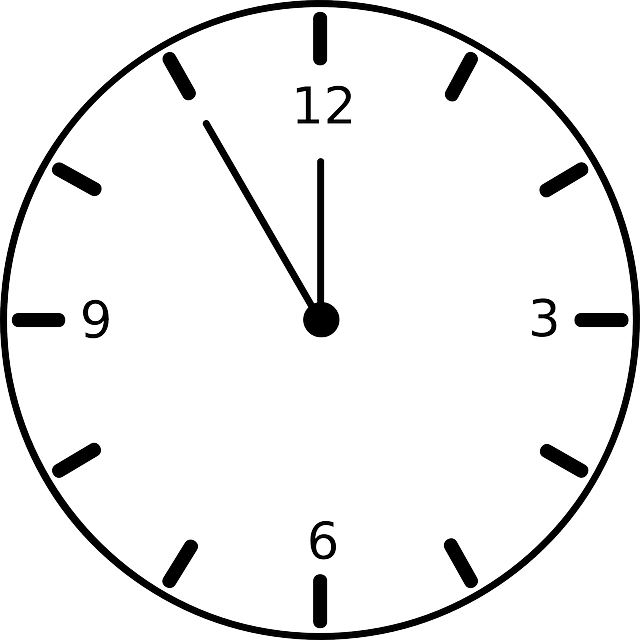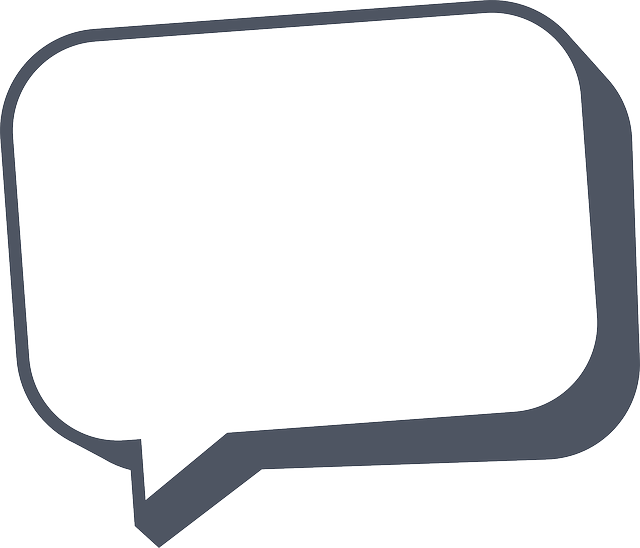For the first time ever, I waited until this morning to “Spring Forward” (to turn the clocks ahead in my home that don’t correct themselves automatically).
Clock: What a weird-sounding word.
The weirdness of the sound of the word just occurred to me as I began writing this post.
“Clock” certainly doesn’t have much to recommend it, does it?
CLOCK.
I prefer timepiece, which is more elegant, but if I used that term regularly, I’d be considered odd (or, odder than I am already considered, I suppose)!
But clock sounds clunky. It’s completely devoid of musicality.
It just sits there.
Clock.
Cluck works for hens; it’s active and present tense. It’s a happening sound! Cluck cluck cluck. You can imagine hens and chicks scuttling around, pecking at bugs and kicking up dirt.
But clock? Yawn!!!!
Clock just sits there, doing pretty much nothing, holding no special place in the world.
And hey, maybe that’s as it should be, come to think of it!
Did You Know?
The first anthropologist who visited a previously unvisited tribe in South America was immediately considered a demon when they asked her what that thing strapped onto her wrist was. When she explained it was a watch (a strapped-on clock) that counts the seconds, minutes, and hours in each 24-hour period (day and night), the natives became frightened, reconsidering anew their visitor from another world.
They believed that only a demon would consider a clock of any value!
I get that.
If I were aboriginal, I would look at clocks the same way: as devilish. And yet, the “civilized” world (ha ha ha) uses clocks to schedule appointments, meetings, visits, and other crucial and not-crucial happenings. We’re all too frequently slaves to clocks, especially during our career- and family-building years. We simply can’t imagine getting anything done in a “timely” manner without them!
Our ancestors’ clock was the cosmos.
Our most recent ancestors (prior to the Industrial Revolution era) were keenly aware of the “clock” that mattered most: the journey of our earth around the sun.
They celebrated, prayed and prepped during solstices and equinoxes, realizing that their lives were dependent not on seconds and minutes, but on seasons, on their immediate environments, and on their seasonal opportunities to prepare for the forthcoming (but very far off) season(s) of plenty, depending on where they lived on earth.
As farmers and hunters, they were keenly aware of the seasons when animals, domesticated and wild, were most fecund and available, and when plants were most prevalent, because those “good times” made their survival — their hunting, gathering and planting — a little easier. They knew to the core of their beings that they were reliant on nature and nurture (agricultural and farming practices) in ways most of us no longer do. Ask most kids where eggs and milk and cereal come from, and they will say, “From the store, silly!”
So, this morning, I am thinking not about clocks — hours, minutes and seconds — but of the bigger picture.
I do this quite a lot, but it seems particularly relevant on a day when “spring forward” is on so many minds.
For what and whom should we “spring forward” today?
I’d like to set an intention to spring toward compassionate action for all our fellow sojourners on earth, animal, mineral and human. I’d like us to become more “indigenous” to Mother Earth and less removed from Her so we can see what our actions (innocent, accidental and intended) are doing to threaten and extinguish liveability here.
Longterm survival requires remaining keenly alert to our surroundings and to the ways in which greedy corporations and companies are slash-and-burning them down around us to put money into their pockets at the cost of environmental degradation and destruction.





